Agricultural Newsletter of Central Asia November 2024
In this edition, we dive into Kazakhstan’s efforts to boost its beekeeping industry, Uzbekistan’s new certification process for local goods, and Kyrgyzstan’s innovative trials with sheep wool fertilizers.
We also unpack key outcomes from COP29 in Baku, on how these Central Asian nations are advancing sustainability and climate action.
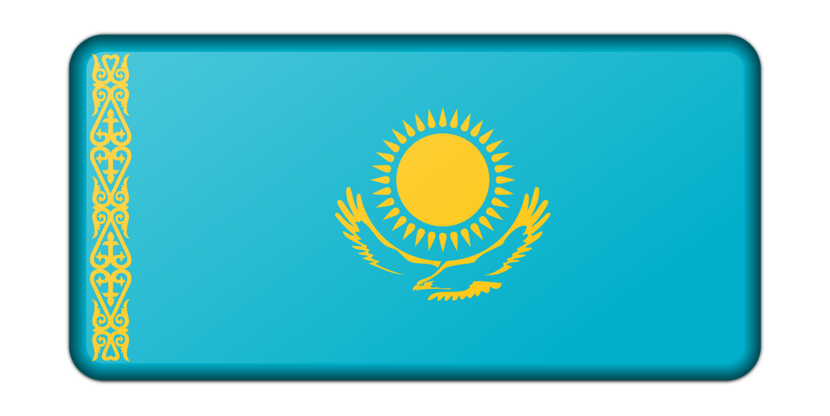
Kazakhstan Boosts Beekeeping with $1.12M Investment

Prime Minister Olzhas Bektenov announced a $1.12 million allocation over the next three years to revitalize the beekeeping industry, responding to calls for reform.
A draft roadmap for 2025-2027 is already in the works, alongside a dedicated working group to tackle industry challenges. Despite producing just 4,000 tons of honey in 2023 - far from the 50,000 tons seen in the 1990s - exports hit a high, growing 3.5 times over 2022.
With over 400 labs ensuring the quality of honey and a rising demand for local products, Kazakhstan is ready to sweeten its beekeeping future.
Kazakhstan Launches Cattle Trading Exchange
President Kassym-Jomart Tokayev announced plans to establish Kazakhstan’s first specialized cattle trading exchange. This platform aims to streamline the cattle trade, cutting out intermediaries and ensuring fair deals for farmers and buyers.
Major projects are also underway: 116 modern dairy farms, 29 poultry farms, and 11 egg farms are set to boost production significantly. Plans include creating feedlots for 100,000 cattle and facilities for fattening 50,000 small ruminants.
Kazakhstan is on a mission to modernize its agro-industrial complex and reduce import dependence.
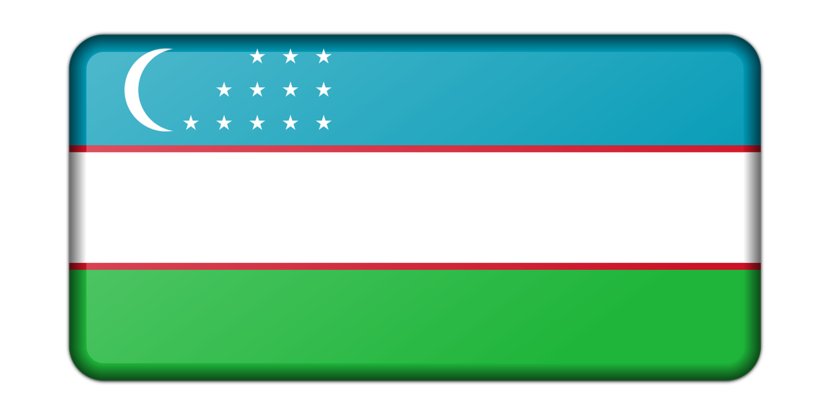
Uzbekistan Sets New Standards for Local Goods Certification
Uzbekistan is strengthening its local production standards via certification system to verify locally produced goods. To qualify as domestically produced, goods made with imported materials should ensure that foreign content does not exceed 70% of production costs, with at least 30% localized input.
Certified by “Uzbekekspertiza,” this new process ensures transparency and supports domestic manufacturers. Goods like Uzbek-grown crops and livestock products automatically qualify, while simple assembly or packaging won’t count. Certification costs around $90 and is valid for 24 months.
Authorities will revoke certificates if localization falls short, and the public can report violations for swift action.
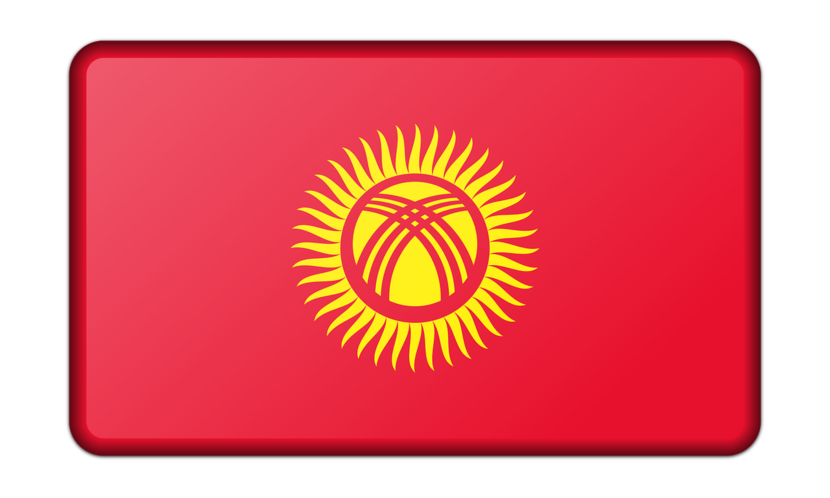
Kyrgyzstan Tests Innovative Sheep Wool Fertilizers
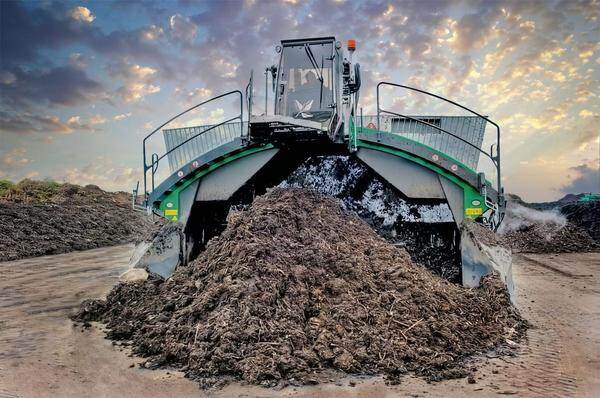
Kyrgyz scientists are testing eco-friendly fertilizers made from sheep wool to boost crop quality. Trials are underway on winter wheat and barley across a 4-hectare plot, with results expected by the 2025 harvest.
If successful, granulated fertilizers made of wool will be widely used.
CENTRAL ASIA SPOTLIGHT: Outcomes of COP29 in Baku, Azerbaijan
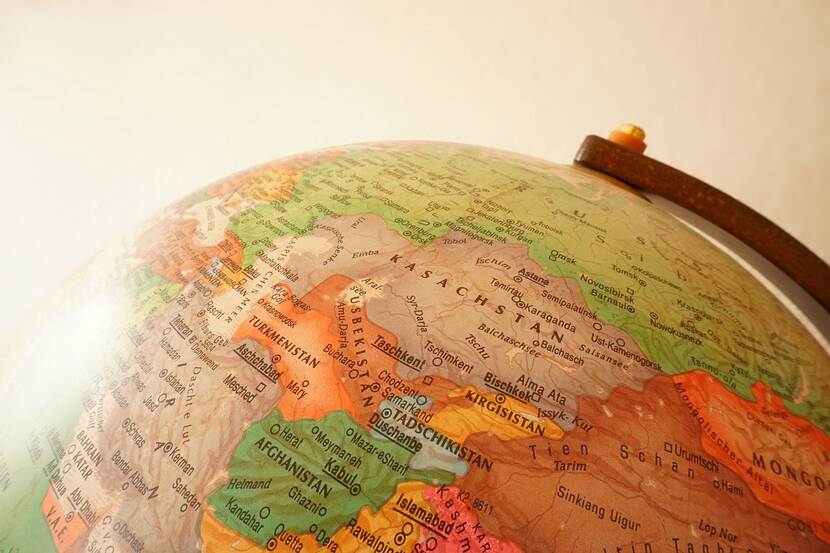
Kazakhstan Joins Global Push for Regenerative Agriculture
Kazakhstan has signed a strategic agreement with Paris-based Ormex and Chapter Zero Kazakhstan to advance regenerative agriculture that restores ecosystems, improves soil health, and combats climate change.
The partnership includes the establishment of eco-climate stations to monitor carbon balance and boost sustainability efforts. Farmers will gain access to training and innovative techniques tailored to Kazakhstan’s unique landscapes.
This is a historic agreement to start introducing carbon removal projects in national determined contribution [NDC] and have it as a solution to offset emissions of different private sectors and corporates in Kazakhstan.
This move has the potential to transform agriculture into a powerful ally in the fight against climate change.
Uzbekistan Secures $6.5M Grant for Green Economy Projects
At COP29, Uzbekistan signed a landmark agreement with the Global Green Growth Institute (GGGI) to receive $6.5 million in grant funding for green economy initiatives.
The funds will drive projects focused on green investments, climate-resilient agriculture, sustainable financing, and carbon market development. This marks a major step in Uzbekistan’s commitment to the Paris Agreement and its green transition.
Kyrgyzstan Urges Action on Climate Change and Glaciers
At COP29 in Baku, President Sadyr Japarov called on nations to join the Declaration on Climate Change, Mountains, and Glaciers, highlighting the urgent need to protect mountain ecosystems and glaciers.
Japarov stressed that melting glaciers threaten fresh water supplies and the well-being of millions, urging global solidarity and support for mountainous nations, most vulnerable to climate change. “My heart is in the mountains, my refuge is in the mountains,” he said, emphasizing their sacred and ecological importance.
Kyrgyzstan seeks to spotlight mountain issues on the global agenda and drive collaborative climate solutions.
Stay tuned for more agricultural updates and developments from Central Asia in the next edition of the LVVN Astana Newsletter!
Sources: Kursiv, Kapital, 24.KG, kun.uz, Daryo News, The Astana Times